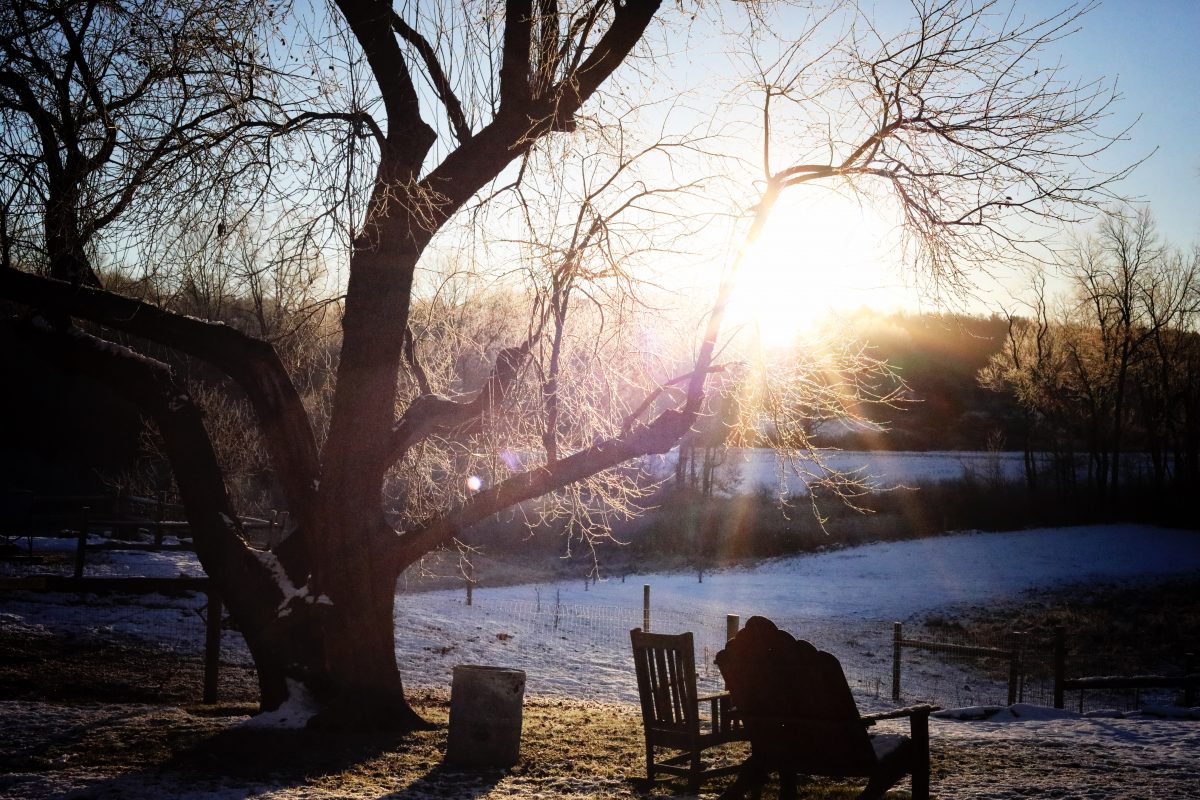It’s quite common these days to hear people say the troubles of the small farmer are of his or her making. They spent too much money, they borrowed too much money, they were too closed to change, they were blind to reality.
I’ve visited a score of dying family farms and photographed many and been blessed to have some farmers as friends. I think the demise of the family farm, and the dairy farm in particular, is much more complex the critics of the farm might suggest.
The collapse of the family farm is, to me, a disaster affecting all of humanity. The family farm has been sacrificed to the narrow visions of economists and politicians: for decades, government has argued that the small farms are no longer efficient in the global economy. Countless farms have been sacrificed to that idea.
Nobody writes about the demise of the farm than Wendell Berry, or grasps its larger implications for climate change and the health of the earth.
“If we apply our minds directly and competently to the needs of the earth, ” writes Berry, “then we will have begun to make fundamental and necessary changes in our minds. We will begin to understand and to mistrust and to change our wasteful economy, which markets not just the produce of the earth, but also the earth’s ability to produce. We will see that beauty and utility are alike dependent upon the health of the world. But w e will also see through the fads and fashions of protest. We will see that war and oppression and pollution are not separate issues, but are aspects of the same issue. Amid the outcries for the liberation of this group or that, we will know that no person is free except in the freedom of other persons, and that man’s only real freedom is to know and faithfully occupy his place – a much humbler place than we have been taught to think – in the order of creation.”
In his writing, Berry says much the same things that the prophets and ancient seers said, that God is thought to have told Moses and Jesus taught his disciples: the care of the earth and of the animals is our most ancient and most worthy and most pleasing responsibility.
The farmer knows animals better than any pet owner ever could, and knows the land better than any economist or politicians. His very life depend on both. When the small farmers are gone who will be the stewards of the animals and of the earth?
Surely it will not be the factory farm.
To cherish what remains of it, and to foster its renewal, is our only hope. That is, after all, the timeless role of the farmer (not the corporate farm): to cherish and nurture and preserve his land.
That is, to me, the significance of the family farm, it’s meaning in the world, it’s importance.
I am not a farmer, but a writer with a farm. There is a big difference, but I know enough farmers to know that they are not to blame for what is happening to them, even if they do resist change, spend too much money on tractors, and take out too many loans.
It doesn’t really take an economist to sort through the modern history of agriculture in America and the world to see that the farmers never really had a chance standing up to all that money and greed.


Thank you, Jon, for writing about the plight of the family farm. It isn’t even remotely on the radar of any political campaign, and likely won’t be. And yet it’s like the canary in the coal mine in terms of sounding the alarm for all we are losing in the “modern” world. Most people have lost all sense of a connection to the land beyond what they see on Facebook or read on blogs (thank you!). I do hold out hope that the small CSA farms and other organic and small-scale, sustainable endeavors happening around our country will, in the long run, save us. I know I personally need to do more to support these family farmers.
Very well said, Julie, thanks…